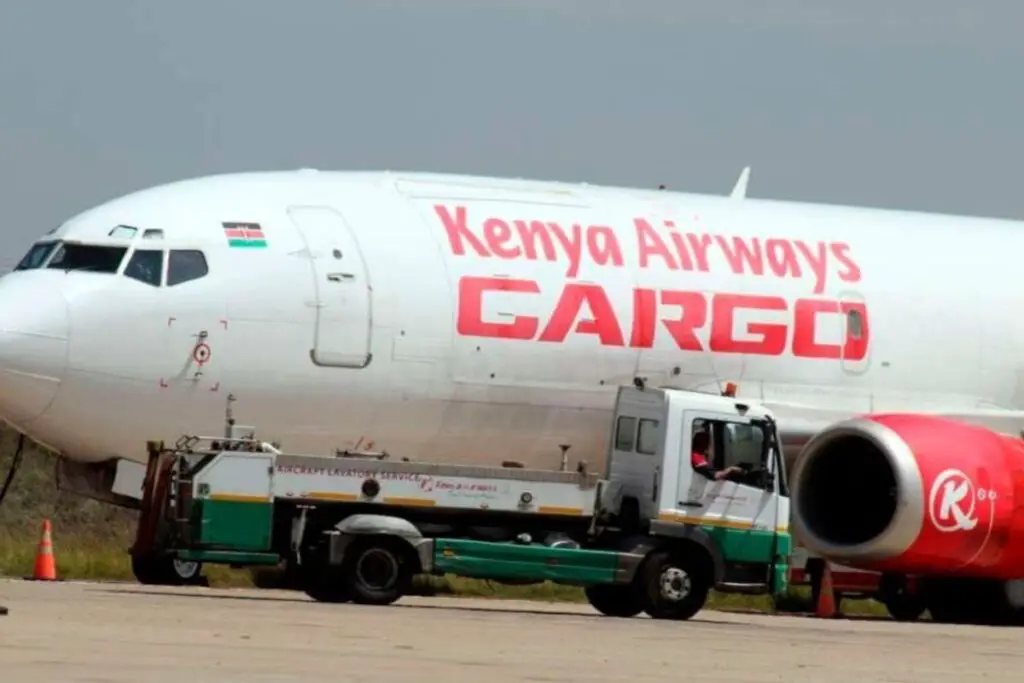- Limited infrastructure, lack of standardized regulations and high air transport costs are among the challenges affecting the air transport sector in the East African Community according to a new report by East Africa Business Council.
- According to the report, limited liberalization of air transport contributes to high flight ticket rates and visa restrictions limit the movement of non-residents into the EAC region.
- The report calls for an EAC single air transport services agreement in a bid to lower the cost of air transport within the region.
Air Transport costs in the East African Community are higher than those in Europe and other African countries according to a new report by East Africa Business Council.
According to the report, the ticket price per kilometre in the EAC region is more than twice the ticket price for destinations in Europe and other countries in Africa.
‘‘The average ticket price per km in the EAC is $0.39/km compared to only $0.21/Km in other African countries and $0.12/km for destination airports in Europe, Asia and Middle East,” the report reveals.
According to the report, limited liberalization of air transport contributes to high flight ticket rates and visa restrictions limit the movement of non-residents into the EAC region.
The report calls for an EAC single air transport services agreement in a bid to lower the cost of air transport within the region.
Speaking during the Validation Webinar for the Study on Air Transport Services Liberalization in the East African Community (EAC) organized by East African Business Council (EABC), EABC CEO John Bosco Kalisa, urged the Governments of EAC Partner States to have a Single Air Transport Services Agreement to lower the cost of air tickets for both passengers and cargo in the region.
Kalisa appealed to the EAC Heads of State to agree on offering preferential and national treatment to EAC airlines as currently in some countries, foreign airlines enjoy more favorable treatment than EAC airlines.
“The region can start offering preferential and national treatment to EAC cargo planes to boost exports.The EAC should consider replacing the existing Bilateral Air Services Agreements (BASAs) with a single air transport services agreement for EAC to lower the cost of air transport in the region,” he said.
According to the report, liberalisation of air transport within EAC would result in an additional 46,320 jobs and $202.1 million per annum in GDP, achieved through an increase in trade, tourism, inbound investment, production and employment.
He expounded that the EAC Partner States should fast-track the finalization and implementation of EAC Regulations on the Liberalization of Air Transport Services in line with the EAC Common Market Protocol.
The study on air transport services liberalization analyses cost drivers, and regulations (including taxes, levies and other related charges) and proposes recommendations to lower the cost of air transport in the EAC.
The findings of the study also show a percentage increase in passenger traffic leads to a 0.1666 percent increase in tourism receipts. Similarly, a percentage increase in freight carrier departures leads to a 0.299 percent increase in tourism receipts
In her opening remarks, Paveen Mbeda, TMEA Head of Public-Private Dialogue and Export Capability reiterated TMEA’s commitment to partner with both public and private sectors to unlock bottlenecks and facilitate trade in the EAC and the continent.
She appreciated the Kingdom of Netherlands for funding the Public-Private Dialogue Programme and expounded that air transport cost is an enabler of tourism and export of horticulture contributing to EAC’s Gross Domestic Products and foreign reserves.
On his part, Charles Omusana, Principal Economist-Investment & Private Sector Promotion of the East African Community Secretariat said “Liberalization of air transport services will contribute to our greatest desire of growing intra-EAC trade.”
According to the study, cargo volumes have largely stagnated in the EAC region due to the high cost of air cargo, the lengthy bureaucracy involved in obtaining clearance coupled with some airlines’ scheduling delays and inadequate infrastructure like cold rooms and route restrictions making it difficult to access new markets.
The preliminary findings of the study show the percentage increase in air passenger traffic leads to a 0.0515 percent increase in Gross Domestic Product. This is achieved through an increase in trade, tourism, inbound investment, production and employment. Air transport liberalization in the EAC countries could result in an additional 46,320 jobs and US$ 202.1 Million per annum in GDP.
The webinar on the study of air transport liberalization in EAC was attended by over 70 actors who validated the study findings.
